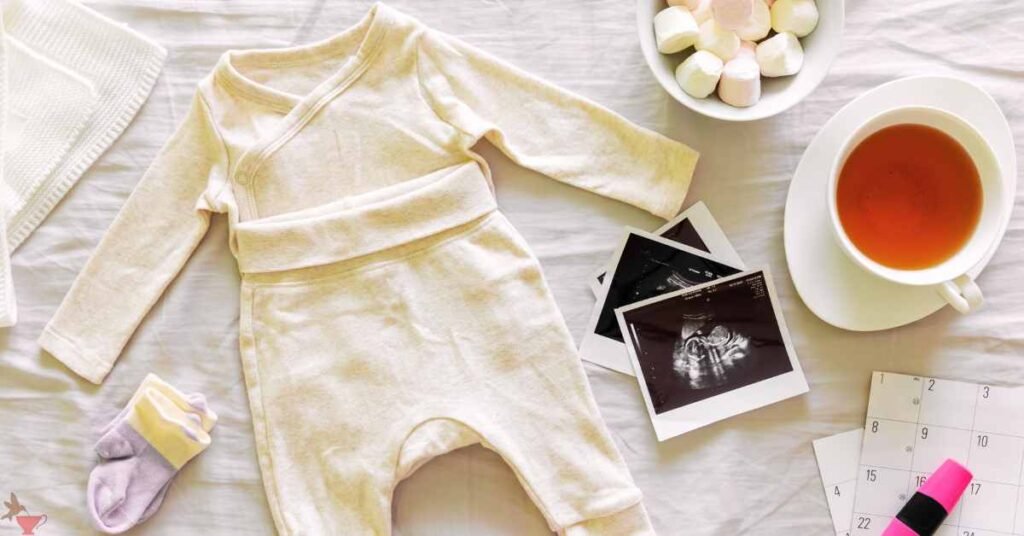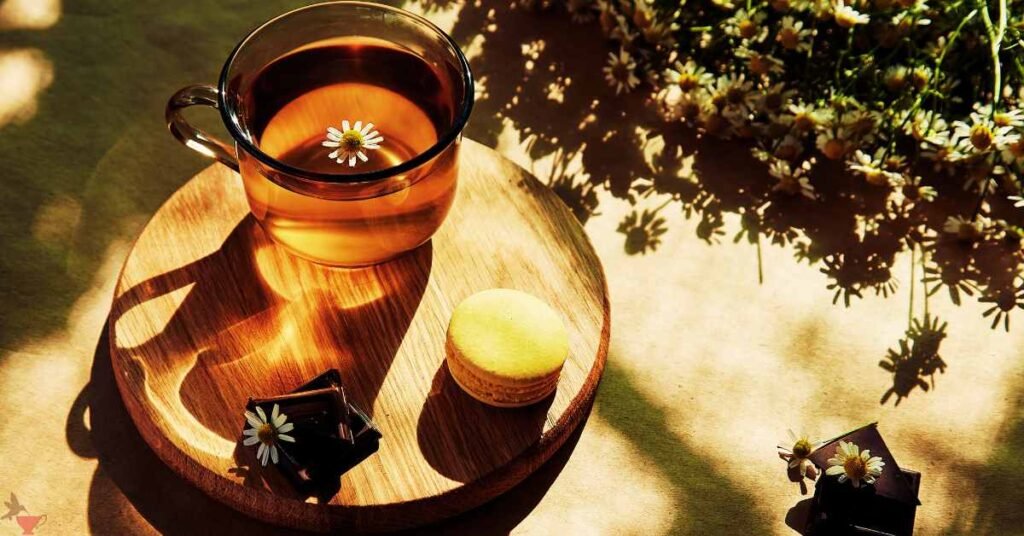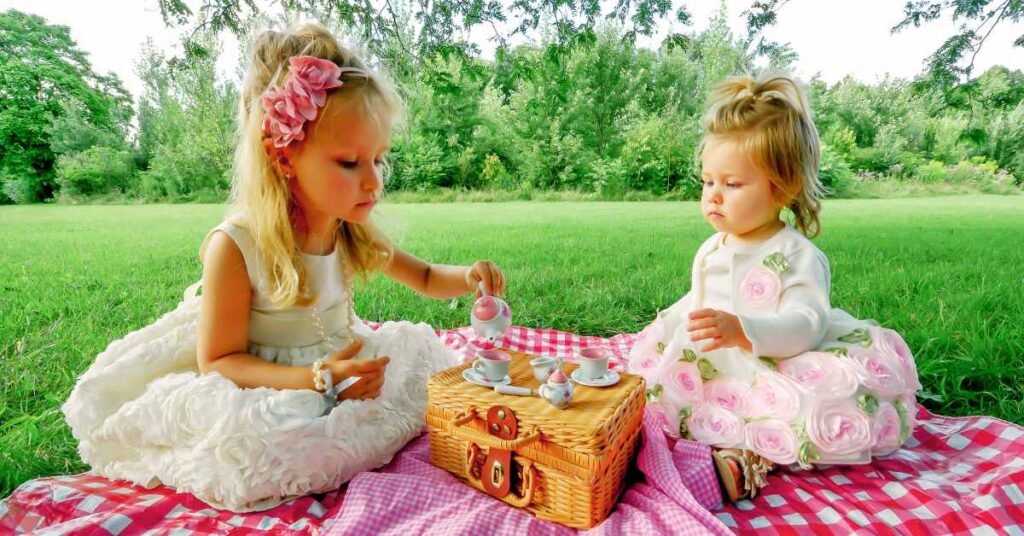Parenthood is a journey filled with countless decisions, and one question that often arises is, “When can I start giving herbal teas to my baby?”
As parents seek natural alternatives to support their child’s well-being, exploring herbal teas becomes a common consideration.
However, it’s crucial to approach this with caution and knowledge to ensure the safety and health of your little one.
Understanding the Basics

Before delving into the world of herbal teas for babies, it’s essential to understand the basics.
Herbal teas are infusions made from various plant parts, such as leaves, flowers, seeds, or roots.
While many herbal teas boast potential health benefits for adults, the same may not hold true for infants.
Infant Digestive System
The digestive system of a baby is delicate and still developing, particularly during the first six months of life.
Exclusive breastfeeding or formula provides the essential nutrients needed for growth and development during this crucial period.
Introducing herbal teas too early can potentially disrupt the balance and introduce unnecessary elements to the infant’s diet.
When to Start
Experts generally recommend waiting until a baby is at least six months old before introducing anything other than breast milk or formula.
At this stage, most infants are developmentally ready to explore new tastes and textures.
Additionally, their digestive systems are better equipped to handle a broader range of foods and liquids.
Selecting Safe Herbs
When considering herbal teas for babies, it’s vital to choose safe options that are gentle on their developing systems. Some herbs have been traditionally used for their mild and soothing properties.
Chamomile, for instance, is a popular choice known for its calming effects and digestive support.
Fennel and dill teas are also considered safe and may aid in relieving digestive discomfort.

However, it’s crucial to approach herbal teas with caution and consult with a pediatrician before introducing them into your baby’s diet. Some herbs can be too potent or may cause allergic reactions in sensitive individuals.
It’s also essential to be mindful of any potential interactions with medications your baby may be taking.
Preparation and Dosage
When preparing herbal teas for babies, it’s crucial to use the appropriate dosage and ensure proper dilution.
Opt for high-quality, organic herbs to minimize the risk of contaminants. Begin with a minimal amount, gradually increasing as your baby adjusts to the new taste.
It’s advisable to start with a single herb rather than complex blends to monitor any potential reactions.
For instance, a weak chamomile tea can be introduced, with just a teaspoon of chamomile flowers steeped in hot water for a few minutes and then cooled to room temperature.
Avoid adding sweeteners or honey to your baby’s herbal tea, especially before the age of one, as it may pose a risk of botulism.
The goal is to introduce the natural flavor of the herb without masking it with additives.
Health Benefits of Herbal Teas for Babies
When introduced at an appropriate age and in moderation, herbal teas can offer certain health benefits for babies.
Chamomile, for example, is known for its mild sedative properties, which can help soothe a fussy baby and promote better sleep.
Fennel tea may aid in relieving gas and bloating, making it a gentle remedy for digestive discomfort.
Herbal teas can also serve as a vehicle for hydration, providing an alternative to plain water.
This can be particularly helpful if your baby is transitioning to drinking from a cup.
Common Concerns and Cautions

While herbal teas can offer benefits, it’s essential to remain vigilant and address common concerns:
- Allergies: Some babies may be allergic to certain herbs. Introduce new teas cautiously and monitor for any signs of an allergic reaction, such as hives, swelling, or difficulty breathing.
- Interactions with Medications: If your baby is taking any medications, consult with your pediatrician to ensure there are no potential interactions between the herbal teas and the medications.
- Dehydration: While herbal teas can contribute to hydration, they should not replace breast milk or formula as the primary source of nutrition for infants.
- Caffeine Content: Some herbal teas, like certain blends containing chamomile or peppermint, may have trace amounts of caffeine. Be mindful of this and choose caffeine-free options.
Final Word
Introducing herbal teas to your baby can be a thoughtful and natural way to address minor health concerns or simply provide a comforting ritual.
However, it’s crucial to approach this with care, waiting until your baby is developmentally ready and consulting with your pediatrician.
Choosing safe herbs, preparing teas appropriately, and being vigilant about potential concerns will help ensure a positive and beneficial experience for both you and your little one.
As with any aspect of parenting, knowledge and mindfulness are key to making informed decisions that contribute to your child’s health and well-being
MEDICAL DISCLAIMER
Itsnevernotteatime.com cannot and does not contain medical/health advice. The medical/health information is provided for general and educational purposes only and is not a substitute for professional advice.




